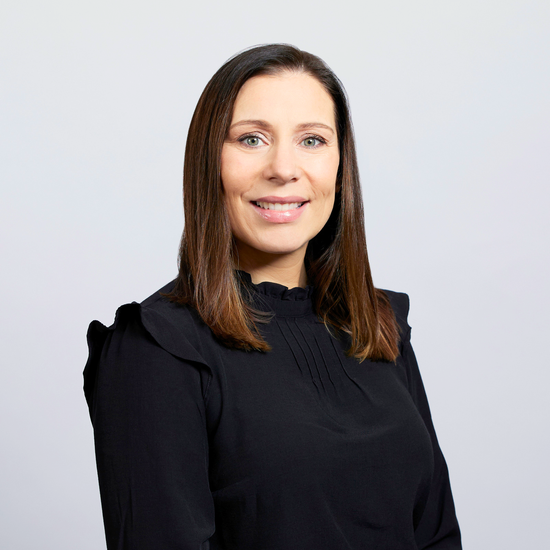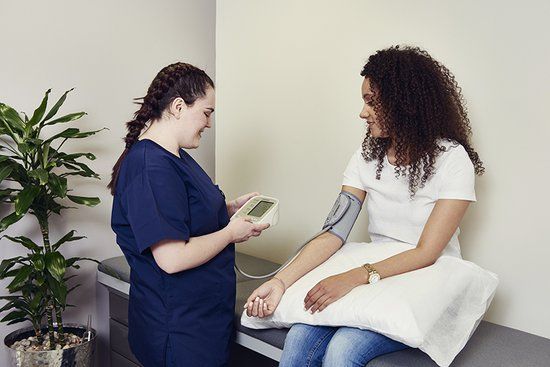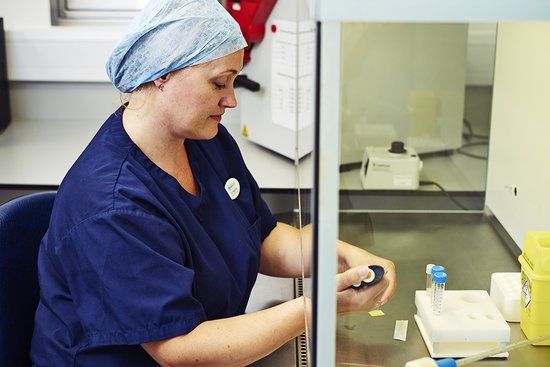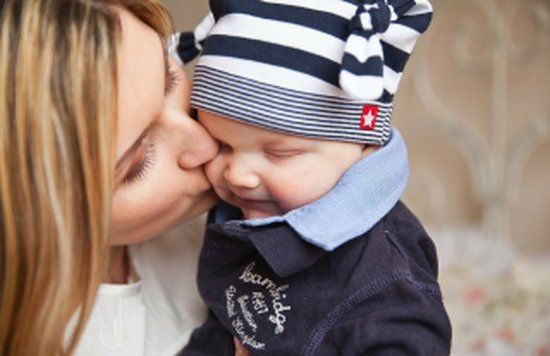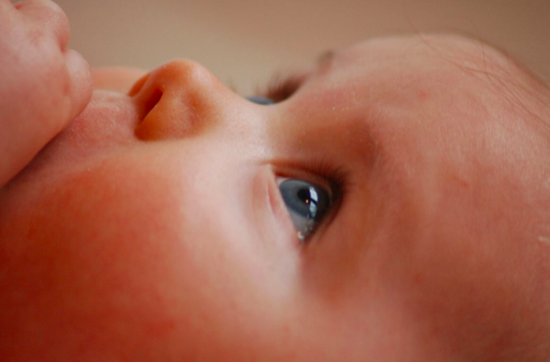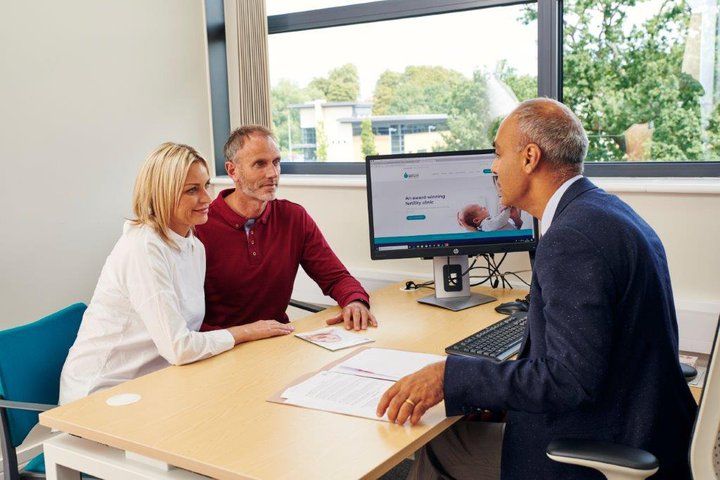
All Manchester Fertility egg donors are screened before they are accepted into our donor programme. But what does this involve? And what does it mean for you as the egg recipient?
Egg donor screening gives you the reassurance that the donor eggs we offer you are from healthy women and do not pose any risk to you or the baby you have.
Here’s an overview of what your egg donor is screened for and the tests she undertakes before donation, according to the HFEA’s strict standards:
Health and lifestyle fulfilments
All our egg donors must fulfil certain initial criteria to be considered for our programme, which includes:
- Being aged under 36 – we only accept young egg donors to maximise egg quality for our patients
- Being a non-smoker – we only accept non-smokers, or women who have quit smoking for at least three months, due to the effect of nicotine on fertility and eggs
- Being within a normal range BMI – egg donors must be within a BMI of 19-32 because of the negative impact of a high or low BMI on fertility
Family background and genetic/hereditary conditions testing for egg donors
Women who apply to be egg donors with us must be able to give us their full medical history and know – or be able to find out – the medical history of their immediate family, as far back as grandparents. This is so we can check for any pattern of inherited or genetic diseases in your donor’s family.
Your egg donor has also had tests to check for common genetic and hereditary conditions, including Cystic Fibrosis.
Infectious diseases and conditions screening
Your egg donor is also tested and screened as follows, to give us a comprehensive picture of her health:
- HIV I&II and P24 antigen
- Hepatitis B surface antigen + Hepatitis B core antibody
- Hepatitis C antibodies
- Rubella
- Full blood count
- AMH (anti-Mullerian hormone)
- Ultrasound scan of the uterus
- Cytomegalovirus (CMV)
- Up to date cervical smear test
- Chlamydia
- Karyotype
- HTLV I and II
- T4 & TSH
- Blood Group
- Syphilis
Counselling
Counselling is also an essential part of the screening process. It involves our counsellors talking to each potential donor about all the various implications of egg donation, before donation takes place.
The types of things we have talked to your egg donor about include:
- How she feels about the possibility of you having a baby using her eggs
- Why she chose to donate eggs
- How her partner and family feel about her decision to donate, including existing children and the potential for genetic half-siblings
- The fact that she may be contacted by your child in future, if your child wishes to know who she is
Counselling ensures that your egg donor is fully informed and happy to give her consent to egg donation. And importantly, that she is also fully prepared for the emotional and personal aspects of egg donation, now and in the future.
Start treatment with donor eggs now
We have no waiting list for donor eggs from our own UK egg donor programme. Talk to our dedicated Donation Team to start your treatment and find out more about our egg donors on 0161 300 2737. Or visit our Book Now page, where you can book a free 1-2-1 with our team or request a consultation.
Last updated: 14th October 2021

